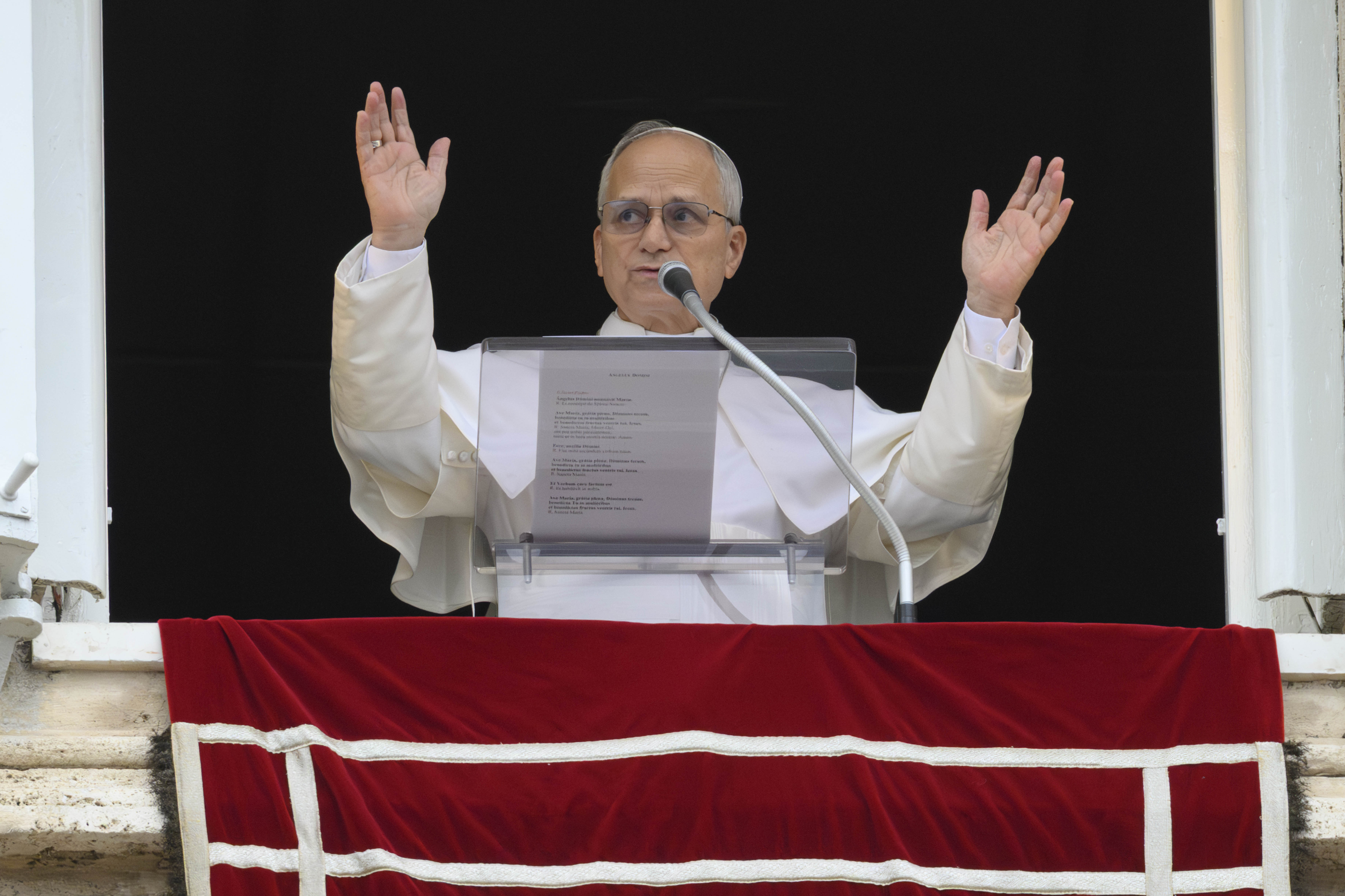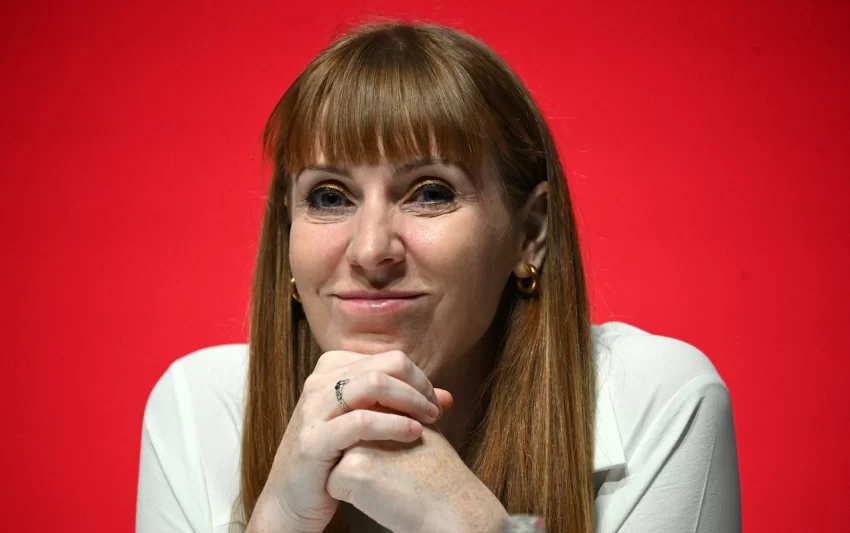A patent licensing gamble that threatens Europe’s innovation future
The European Commission has opened a door marked danger. In July it issued a guidance letter blessing the creation of what is known as an Automotive Licensing Negotiation Group (Auto LNG). In doing so, it gave the green light to rival carmakers to form a cartel-like entity to negotiate licenses for patents that underpin standardized technologies (standards essential patents, or SEPs).
SEPs are vital in many industries because they enable devices and services to interoperate seamlessly across different manufacturers, platforms and geographies. They cover technologies such as Wi-Fi, 5G and video coding, and are integral to the Internet of Things.
SEPs are vital in many industries because they enable devices and services to interoperate seamlessly across different manufacturers, platforms and geographies.
For decades, EU competition law treated the collective bargaining among competitors that LNGs of any kind represent as off-limits. The timing of the change was not incidental.
In September the Commission also released draft revisions of its Technology Transfer Block Exemption Regulation and Technology Transfer Guidelines (TTG). Together, these texts shape how Europe manages its innovation economy, including its SEP licensing market.
A success story at stake
On the positive side, the drafts reaffirm the importance of transparent patent pools. Such pools bring together complementary SEPs owned by multiple parties and make them available through a single license. Pools cut transaction costs, create efficiencies and provide clarity to technology implementers.
SEP owners who contribute technology to a standard promise to license their patents on fair, reasonable and non-discriminatory (FRAND) terms. Pools put that commitment into practice by offering a single license that the market can accept or reject.
The draft TTG strengthens requirements for transparency and governance in pools by emphasizing the importance of essentiality checks, published terms, open participation and safeguards against collusion. These measures codify practices many pools already follow. In doing so, the Commission is rightly cementing transparent pools’ role as trusted intermediaries in SEP licensing.
LNGs and FRAND cannot co-exist
Properly structured pools only succeed if implementers view their terms as balanced; they cannot ‘enforce’ acceptance into existence. When the market pushes back, pools adjust. That responsiveness makes them both pro-competitive and self-correcting.
LNGs invert that logic. As coalitions of buyers, their explicit objective is to aggregate purchasing power to secure discounts from the prevailing FRAND rate — all while their members continue to use the technology. However, the non-discrimination limb of FRAND makes across the board ‘group discounts’ very hard to square with commitments owed to all implementers, including those that have already taken licenses, directly or through a pool. This distorts competition by enabling buyers to exert undue pressure on licensors.
The draft TTG seeks to allay concerns by requiring LNG participation to be open and internally non-discriminatory, yet it does not grapple with the external effect on the SEP holder’s non-discrimination duty. That omission risks forcing a de facto “LNG rate” onto the whole market.
Asymmetry and holdout risk
The asymmetry here is striking. If price talks fail for tangible inputs, suppliers can simply stop shipments. Not so with SEPs: once standardized, the technology is embedded and keeps being used unless long, costly litigation is pursued. This reality gives coordinated buyers leverage to delay or avoid paying – a textbook recipe for holdout and cartel-like behavior.
Some argue that if licensors can license jointly through pools, licensees should be able to do so in LNGs. This is false logic. Pools aggregate non-competing assets to make complementary patents accessible. LNGs aggregate competing buyers to dictate price, a monopsony dynamic that competition law has long treated with suspicion. Pools, by contrast, have no such power. They live or die by market acceptance. Their incentive is to align with existing demand.
Process shortcuts, shaky justifications
Equally troubling is how the Commission chose to act. The July letter was issued under an ‘informal guidance’ procedure, an opaque tool usually used to clarify cutting-edge cases. SEP holders and smaller innovators were not consulted, despite being directly affected.
The substantive justification is no better. Both the Commission and Germany’s Bundeskartellamt, which had previously authorized the ALNG in June 2024, leaned on a market-share threshold, finding automakers represent less than 15 percent of the ‘general mobile communications’ market.
However, connected cars represent a completely separate vertical, with distinct technical features like vehicle-to-vehicle communication, and the market threshold should apply to it specifically. Furthermore, in licensing markets, a coordinated 15 percent holdout can freeze dealmaking across the board. That risk is ignored.
Connected cars represent a completely separate vertical, with distinct technical features.
Meanwhile, the invocation of decarbonization as a reason to tolerate cartel-like structures conflates policy domains. Climate objectives, however worthy, cannot excuse weakening competition law guardrails.
Keep the back door closed
Pools already deliver the benefits LNGs claim — lower transaction costs, broader access, transparent terms, market efficiencies — without cartel risks. Most importantly, the FRAND framework, tested in courts and practice, continues to support rapid technology rollouts across the EU and is fully compatible with pools. It is utterly incompatible with LNGs. To adhere to FRAND principles that are the cornerstone of SEP licensing worldwide, LNGs cannot exist.
Pools already deliver the benefits LNGs claim — lower transaction costs, broader access, transparent terms, market efficiencies — without cartel risks.
If the Commission wants to modernize SEP policy, it should do so openly and only when market failures are identified. This involves consultation to establish clear criteria and evidence of consumer benefit. By contrast, its current approach threatens to disrupt efficient markets, squeeze royalties that fund research and development, and slow Europe’s pace of innovation.
In reinforcing transparent pools, the Commission got one big thing right with its draft TTG. It should not squander that by blessing LNGs.
Roberto Dini has more than 40 years’ experience in patent licensing and is recognized as one of the global market’s most respected experts.
For a detailed analysis of the legal, economic and procedural defects in the Auto LNG approach — and a fuller comparison between pools and LNGs — see: Auto Licensing Negotiation Groups are a Bad, Anticompetitive Idea.




















:quality(85):upscale()/2023/09/18/918/n/1922398/a1136b676508baddc752f5.20098216_.jpg)
:quality(85):upscale()/2025/10/09/670/n/1922283/00b944c868e7cf4f7b79b3.95741067_.jpg)
:quality(85):upscale()/2025/10/15/765/n/1922398/29c37a6e68efd84bb02f35.49541188_.jpg)
:quality(85):upscale()/2025/09/09/891/n/1922283/7222624268c08ccba1c9a3.01436482_.png)
















